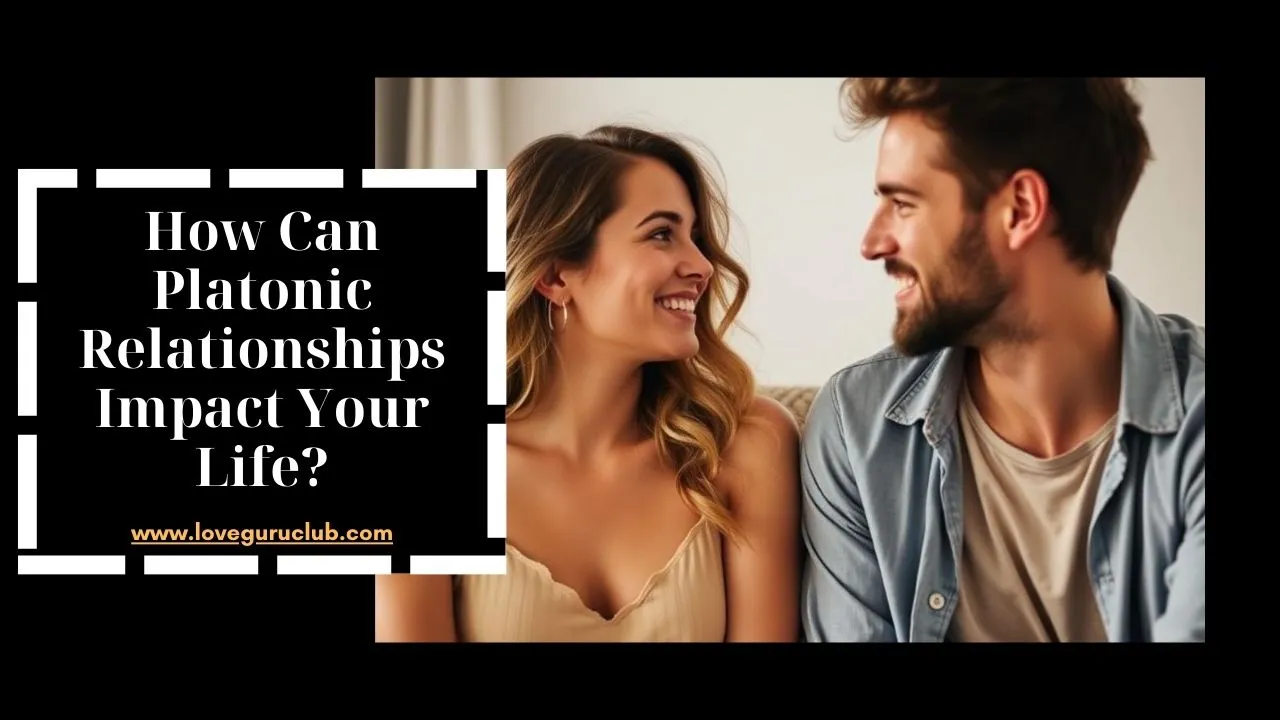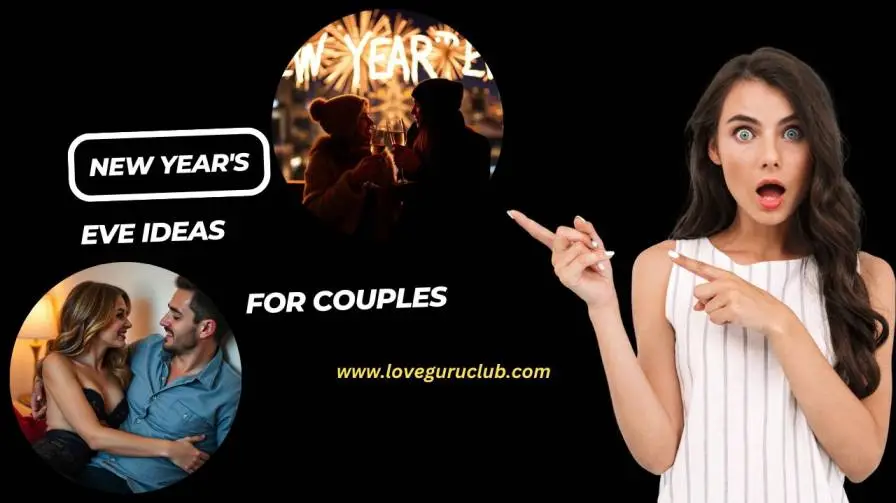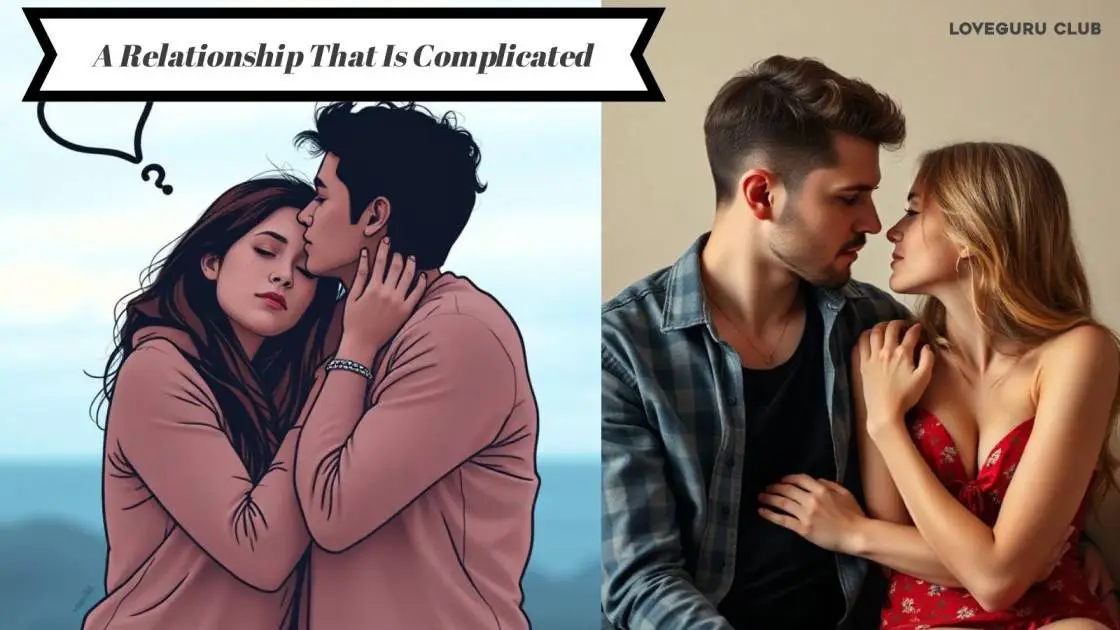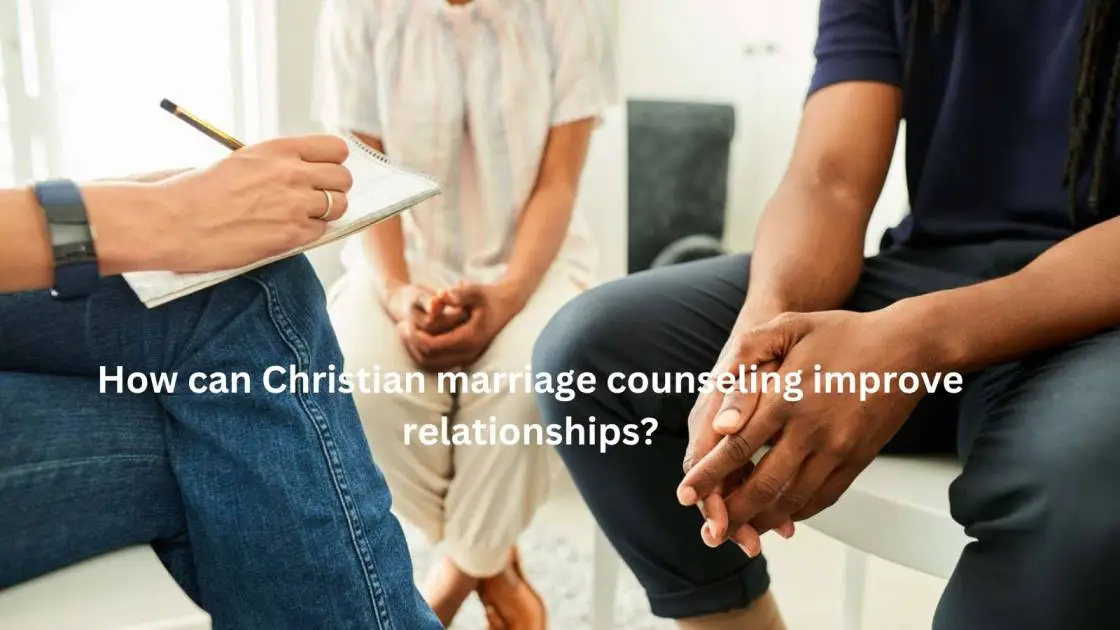Happiness
Episode 70: How to Love People You Dont Like
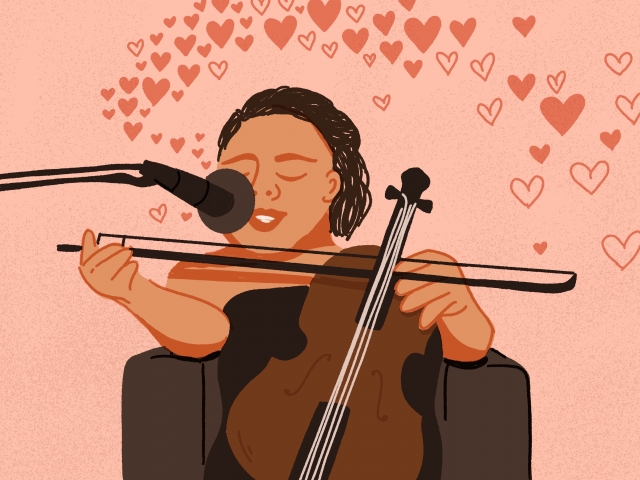
GAELYNN LEA I have brittle bone disease. It’s called osteogenesis imperfecta. And so I grew up, everything would be fine for quite a while and then I would just randomly break an arm, you know, doing something pretty minor. Like I might fall out of my wheelchair, but it wouldn’t be from like other kids would not have broken their arm. Right. And so you get this idea of the impermanence of life at a pretty young age if you have this disability, because your life really goes dramatically one way or another in the blink of an eye. But the funny thing is everybody is actually living in the same place, but we just don’t acknowledge it. And so I think that’s where disability has taught me a lot about how we’re all very finite beings.
I mean, we all have areas we could work on. And I don’t feel like I’m a not compassionate person, but I do feel like there’s something that I could be better at. You know, especially right now when, you know, as a disabled person who is taking COVID very seriously. I mean, we went on a drive up the north shore of Lake Superior one day and a lot of people were out not wearing masks and like standing close together. And I was like, I’m going to have to work on my own sense of compassion so that I don’t leave this situation feeling bitter or I’m angry at, you know, whoever it is who was choosing to not follow the guidelines because it does hurt. But I don’t want it to poison the way I feel about humanity in general. You know, there’s a real possibility for those kind of feelings to run away. And then you lose sight of just the fact that we are all connected and we’re all valuable, and that includes people that I strongly disagree with, you know what I mean?
DACHER KELTNER: For people who are immunocompromised, when and how they can stop quarantining during COVID-19 is directly affected by other people’s health decisions. That can bring up a lot of feelings of anxiety, uncertainty and anger. I’m Dacher Keltner, and this is the Science of Happiness. Our guest today, Gaelynn Lea, is a violinist, singer and disability rights activist. She joins us from her home in Duluth, Minnesota after trying out a science-tested practice to help her find her grounding. Gaelynn, it’s a pleasure to have you on our show.
GAELYNN LEA Yeah. I’ve been looking forward to this. Thanks for having me.
DACHER KELNTER I wanted to ask you, what led you to music?
GAELYNN LEA What drew me to music was this orchestra. It was just like the middle school orchestra came and played at our elementary school. When I was in fourth grade and I just fell in love with the sound of the strings, I was just hooked. And so the next year I went to the music listening tests that you had to take in order to join orchestra. And I was the only student that year that got a perfect score. And I think, I think that that’s why because of that perfect score, the teacher was like, “Well, clearly she needs to be able to find a way to do this.” Yeah. But she was honest, she’s like, I don’t know if this will work and I’ll never trust someone to play differently before. And I might not be able to, but let’s try it out…
GAELYNN LEA And so we experimented with a bunch of different instruments. I wanted to do the cello, but it was too big for me. I have a very small frame ah and it just couldn’t figure it out. And then eventually we hit upon the idea of playing the violin up and down like a cello. I hold my bowl like a bass player, like an upright bass player. And so she was just the right person. Unfortunately, that’s not the case a lot of times. Students with disabilities get discouraged from doing that a lot. And I just never had any idea how lucky I was to have her as a teacher. Songwriting came a lot later actually, 17 years later is when I wrote my first song.
DACHER KELTNER Why did you get that perfect score on music listening? What do you think that says?
GAELYNN LEA I attribute that to my dad when I was a little kid. I remember this. I would be in the car. And one of the ways we would pass the time is he would be like, okay, repeat after me. La la la la la, la, la. And he would make me sing back all these different, you know, melody lines that he would invent on the spot. I think he had actually, like, inadvertently done ear training with me as a little girl.
GAELYNN LEA FAMILY SING ALONG Love heavens open door, and I can’t feel at home in this world anymore….
DACHER KELTNER I’m curious as to why you chose the loving-kindness meditation. For this practice you direct love and compassion to yourself and loved ones, and then people outside of your circles. What led you to that choose this practice?
GAELYNN LEA You know, the shelter in place, the first month or so, I kind of had to work on getting out of some depression. There was a period of time of just kind of a lot of overwhelm. But then I was starting to adjust like I have a disability, obviously. And so I’m high risk, partly because my lungs are very small. And so it kind of started dawning on me a little in the end of March, early April, that this is going to be a little longer term than I had planned on. And so there was a period of adjustment, but we are really trying to make the best of a not great situation. So we started focusing on other hobbies, my husband and I so I thought this would be a good time to explore the loving kindness meditation.
DACHER KELTNER Nice.
GAELYNN LEA The other reason is I have PTSD from an experience where I lost lung function. I had respiratory failure. And so I luckily obviously survived. But it’s very scary not being able to breathe. And so I’ve struggled with meditation for a really long time. And I found out later that a lot of people with PTSD do because it triggers these unpleasant, like not just memories, but physical sensations.
DACHER KELTNER Can you walk us through the steps of the loving kindness meditation?
GAELYNN LEA Yes, I can. So the loving kindness meditation is pretty simple. You sit and kind of calm your mind and then you call to mind someone that you love easily without a lot of conflicts in your lives. And you wish them that they will be well, that they’ll be happy and free from suffering. And you picture really saying that to them. And then the next person you bring to mind is someone you don’t know as well and you say those same phrases to them. And then you bring to mind someone that you have difficulty feeling compassionate for, someone that you struggle with. And you say those same things to them, “May you be well, may you be happy, may you be free from the suffering.” And then you call to mind yourself and give yourself that same compassion with those phrases. And then how I ended it was expanding that compassion to the whole world and just kind of sending those sentiments out to every being on the planet. And then you kind of sit until you feel ready to move on with your day. Basically, it took me about ten minutes every day that I did it.
DACHER KELTNER How did it go for you?
GAELYNN LEA Well, that’s the part that was so fun. So I was like, “OK. I really got to do this. I’m going to do this podcast. I can’t not actually do the practice. Right. And so when I was going to do this meditation the first day I went online and I started looking for guided versions because guided meditations work better for me just because of that sitting still and not having anything to center your awareness on it really helps to have sound for me for the anxiety. And so I went and I looked for a bunch and I found like three or four different ones, but none of them really did the trick. So I am a music person, right? And so I and I got this software and then I looked for some some sound effects of birds and of water because I know that for me, with that meditating anxiety, rounds really comfort me. And so I put together my own version. And one thing I did that wasn’t in the original is I’ve also read the meditation Just Like Me, where you humanize someone you struggle with, like they have problems just like me, they feel sad, just like me. And so I found a version of Just Like Me, so before I even send loving kindness to the person that I struggle with, I have like reflected on how we are similar, you know. And then I said I can send them loving kindness from a more authentic place. One thing I did because of COVID is I started doing weekly concerts on YouTube. I decided to trim that down and I put it out on all my social medias and people were like, I really needed to hear that now. Like, thanks for sending that.
GAELYNN LEA SINGING May I be well / May I be happy / May I be free from suffering / May I be well / May I be happy / May I be free from suffering / And then you let that go…
GAELYNN LEA It’s just kind of a good reminder that we’re all struggling and everybody just wants to be happy. And like that reminder by itself. I I thought that I was going to direct my meditations specifically to the people who aren’t following the guidelines. But that didn’t end up happening just because it really is like I mean, that kind of came in when I would send my loving kindness to the whole world. Those people would come to my awareness and I would send it to them, too. But really, it’s the first person that comes to mind is who you’re supposed to think of. And so I didn’t try to contrive that. And so it was different people every day.
DACHER KELTNER And who do you think about? Who are some of the people?
GAELYNN LEA Well, my dog was one of them for the loving ones, and my husband, of course. And then some days he was the one I was challenged by. Every day is different. And that’s kind of what I realized, is like every day is different.
DACHER KELTNER So, you know, one of the hard things about this exercise, Gaeylnn, is obviously the last part of it, where you move from, people you care about or dogs or, you know, the beings you love and you move to acquaintances and then you get to people you really struggle with. You have challenges with even enemies. And I’m curious what that was like for you.
GAELYNN LEA The reason that I added that part in my own meditation about this person has feelings just like me. This person has struggles just like me and has felt peaceful, just like me. Those sentiments, I had to put that in first because I was having trouble just straight up transitioning, because I think we separate ourselves from the people that we struggle with and we forget their humanness. And so one enlightening time for me was I think I was thinking of Mitch McConnell that day. I don’t know how political we’re allowed to be on this podcast, but that’s, that’s the reality. And so I was thinking of Mitch McConnell and I remember having this thought during this section of the meditation that, if I’m wishing him freedom from suffering like I, I think what I am wishing him is just the ability to release all the burdens that he must carry around. I don’t have to know what that suffering is. But that suffering is also things like anger and resentment and hatred, right? So it doesn’t mean that I made up a story about Mitch McConnell and now we’re best friends or something. But like, just the idea that acknowledging that he may have suffered in ways that I don’t know and that I can wish him well and the wellness doesn’t have to include, like him being on a yacht, like getting everything he desires. It can be as simple as like, hopefully, he can be at peace with humanity. You know, that’s what we all need. You know what I mean? And so I don’t necessarily I have to expect him to change because I’m doing this meditation because I can’t change him, but I can wish him well. And to me, being well means being free from hatred and prejudice and greed, you know. But I don’t get to control it. But I can send those vibes out there, I guess.
DACHER KELTNER You know, you did this practice during shelter in place. You’re immunocompromised. You’re in isolation. That’s hard. You talked about something a lot of us are feeling right now, which is depression or dysphoria. And we know that this practice can activate parts of your body that help your immune system, like the vagus nerve. It can make you feel calmer about the hard things in life. How did it affect you in this moment?
GAELYNN LEA I think it did make me feel calmer. I mean, not necessarily like the effects would last 24 hours, right? But whenever I do that meditation, I notice just different parts of my body kind of unwinding. And so I think that loving kindness, meditation kind of like allowed me to reconnect as a part of myself that maybe wasn’t going to activate as quickly when I’m responding to all of these different things in my own mind. And so I’m just glad that. Yeah, that you can kind of connect with this idea of the universalness of the loving kindness meditation, I guess.
DACHER KELTNER Yeah. You know, one of the things that just strikes me in the connection between the science of compassion and what you’re describing, Gaelynn, is just some people thought of compassion cultivated by loving kindness is kind of soft, but it actually allows you to, like, sort of pause and go into the harder parts of human existence like we’re facing today of pandemics and social unrest and then find a path and get engaged.
GAELYNN LEA I think for me, it has allowed me a chance everyday to touch like a rock that’s firmer than me, right? So, like compassion, I think is something like one of the bedrocks of this human experience. I mean, I’m a spiritual person. So I think of that as love. And I think love is God. Right. But even if you didn’t believe, just touching something that’s bigger than your problems is a helpful practice. And one thing it does, not like a judgmental way, but I think it’s important that you give love to your enemies before you give love to yourself in this exercise, because what it reminds you is that we’re not perfect either…
GAELYNN LEA SINGING ‘SOMEDAY WE’LL LINGER IN THE SUN’ We pulled the weeds out til the dawn / Nearly too tired to carry on / Someday we’ll linger in the sun / And I love you / And I love you
GAELYNN LYNN And like I think that’s a part of compassion, is acknowledging that everybody is in this situation where they’re doing the best we can from where they’re at and they’re going to make mistakes, but they still deserve to be well and happy and free from suffering and and just recognizing that this is not you perfect being sitting on a rock, giving it to other people. It’s like you in the battlefield with everybody right? And making your own mistakes and then having a little more grace for people when they make theirs. You know, and I’ve only been doing it a couple of weeks. I’m curious, I’m hoping, because what I’ve read about meditation, is the effects of meditation hold on longer and longer the more you do it. You know what I mean? So I would like to see that be something that affects the way I actually respond to annoyances for example. I haven’t gotten there yet. Like my apartment is five hundred square feet and my husband and I haVE been here since March, so we tend to get on each other’s nerves sometimes. So like that part, I don’t think I’ve noticed that change yet where it’s like made me like less reactive, I guess. But I have a feeling I mean, there’s a reason this stuff is around right? So you touch that part where you acknowledge that we’re all in this struggle together, really, for real for real. That I assume eventually that will shape my daily response to everything going on. But at least I can touch it, right, once a day. I think that’s pretty cool. I really think it’s something that everybody, especially now, when there’s so much going on and division and anger and frustration and injustice, it’s like, yeah, connection to that core compassion part is really helping.
DACHER KELTNER Well, being with you today, Gaelynn, has been a just an enlightening experience for me. And I want to thank you for your voice and your music and your activism and for being on the science of happiness today. So thanks.
GAELYNN LEE Thank you. Thanks for having me.
GAELYNN LEE, ‘SINGING MOMENT OF BLISS’ It seems easy, but so hard to do / It feels too empty when we’re facing the truth / facing the truth.
DACHER KELTNER Studies show that loving kindness can make us feel more joy, compassion, and awe. But how far can those ‘good feelings’ extend?
CENDRI HUTCHERSON The thing that I thought was really amusing is it even made you feel more positively towards the lamp. You’re like, oh yeah, I really I really liked this lamp. I really feel like some sort of weird connection to this inanimate object. What I think meditative practices generally are doing, as well as loving kindness meditation specifically, is practicing, practicing, practicing how to direct your attention in the way you want it to go.
DACHER KELTNER Cendri Hutcherson is a psychologist and the director of the Toronto Decision Neuroscience Laboratory at the University of Toronto.
CENDRI HUTCHERSON So for loving kindness, meditation, what you are practicing is constantly bringing your attention to the other person.
DACHER KELTNER Cendri wanted to see if directing this loving attention towards others in our minds affects the way we think about people in the real world. So her team recruited one group to do the loving kindness practice: they were instructed to close their eyes, relax, take some deep breaths, and imagine being surrounded by people who deeply cared for them.
CENDRI HUTCHERSON Then what we do is we have people open their eyes and look at, you know, the person that we want them to direct loving energy towards. And then we had them repeat a number of phrases designed to really help you kind of feel that loving energy.
DACHER KELTNER May you be happy. May you be well, may you live with ease.
CENDRI HUTCHERSON May you be comfortable, et cetera, et cetera. So you would look at the person that you directed loving kindness towards, and we would say, how much do you like this person? How close we’re connected. Do you feel? How similar do you feel towards them? And then we’d have you look at somebody that you hadn’t really focused on and ask those same questions. Then. We had people focus, you know, look at in this case, it was a picture of a lamp. And they would say, you know, how close or connected they felt to the lamp.
DACHER KELTNER Cendri’s team had another group also close their eyes, relax, and take deep breaths. But this group imagined being surrounded by acquaintances, people they didn’t know very well. And instead of loving kindness, they focused on physical appearances.
CENDRI HUTCHERSON You know, how’s their face shaped? What color are their eyes?
DACHER KELTNER They then opened their eyes and looked at a picture of a stranger, again focusing on the visual details of their appearance. They were also shown photos of random people, and the lamp, while researchers measured their responses. Cendri and her team found that the group that did the loving kindness practice, basically felt more positivity towards everything.
CENDRI HUTCHERSON So it definitely increased your positivity, your care, your connection for the person that you were looking at, specifically. But it also increased your care and feelings of kindness toward people that you hadn’t looked at. And the thing that I thought was really amusing is it even made you feel more positively towards the lamp. You’re like, “Oh yeah, I really liked this lamp. I really feel some sort of weird connection to this inanimate object.”
DACHER KELTNER In another study, Cendri and her team found that the loving kindness meditation activates a part of the brain that is usually active when we think about people we feel similar to and care about—the prefrontal cortex.
CENDRI HUTCHERSON Interestingly, it’s also an area that seems to be more active for things that just generally things that you find rewarding and that you really like and value. And what we found really robustly is that when you are engaged in loving kindness, this area, the medial prefrontal cortex is more active. It just generates such a powerful sense of positivity and well-being. And I think that’s reflected in these brain regions. And so if you can sort of create an association between those mental and physiological responses toward somebody you love, towards somebody that you’ve previously had some difficulty with or somebody who maybe you have some prejudice towards, I think that’s we’re sort of creating those links where they’re not there. And so what’s different about that versus just sort of telling somebody, “Oh, this person is really great,” is I don’t think that just simply saying somebody is great evokes those kinds of strong emotional feelings. I don’t think it evokes the physiology, and so I don’t think it creates as strong an association. If you can sort of remember what it’s like to care about somebody, to empathize with their suffering, to want good things to happen for them that feeling is really powerful.
I’m Dacher Keltner, thanks for joining me on The Science of Happiness.
If you’d like to try the Loving Kindness meditation, visit our Greater Good in Action website, at ggia.berkeley.edu.
We’ve created resources exploring the psychology of racism. Visit greatergood.berkeley.edu/antiracism
Our podcast is a co-production of UC Berkeley’s Greater Good Science Center and PRX. Our senior producer is Shuka Kalantari. Production assistance is from Jennie Cataldo and Ben Manilla of BMP Audio. Our associate producers are Ariella Markowitz and Nina Sparling. Our executive producer is Jane Park. Our editor-in-chief is Jason Marsh. Our science director is Emiliana Simon-Thomas.
Tell us what you’d like to hear more of by using the hashtag #HappinessPod or emailing us at greater@berkeley.edu.


